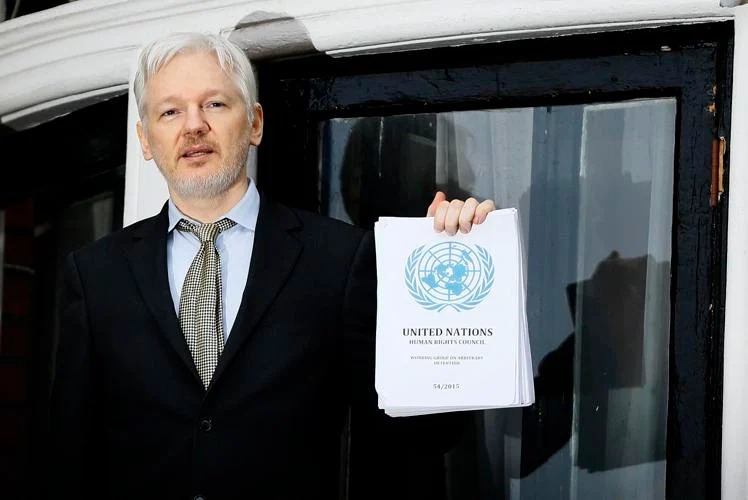On Friday, The UK government approved the extradition of WikiLeaks founder Julian Assange to the US to face charges of allegedly leaking classified documents related to the wars in Iraq and Afghanistan.
Home Secretary Priti Patel has obtained the minister’s approval for the 50-year-old Australian national’s extradition order after several stages of appeal to the Supreme Court.
However, the counterclaim of Assange’s legal team is expected to restart a new round of legal battles.
“On June 17, after consideration by the Magistrates Court and the High Court, the extradition of Julian Assange to the US was ordered. Mr Assange retains his normal 14-day right of appeal,” a UK Home Office spokesman said.
“Under the Extradition Act 2003, the Secretary of State must sign an extradition warrant if there is no reason to prohibit it. Only after a judge has considered all aspects of the case and has decided that an extradition request can proceed,” the spokesman said.
- Cabinet approves Rs 6,839 crore for Vibrant Villages Programme-II to boost border development
- ChatGPT Can Create Fake Aadhaar, PAN Cards—But Here’s Why It’s Not a Big Concern
- China to impose 34% additional tariff on all US goods from 10th April
- Rs 18,658 Crore Rail Network Boost to Strengthen Connectivity Across Three States
- Aerem Secures Rs 100 Crore Through Series A
“In this case, the UK court did not rule that Assange’s extradition would be oppressive, unfair or degrading, and they did not consider the extradition to be inconsistent with his human rights, including his right to a fair trial and freedom of expression.” You will get adequate treatment,” the spokesman added. Assange has always denied any wrongdoing.






